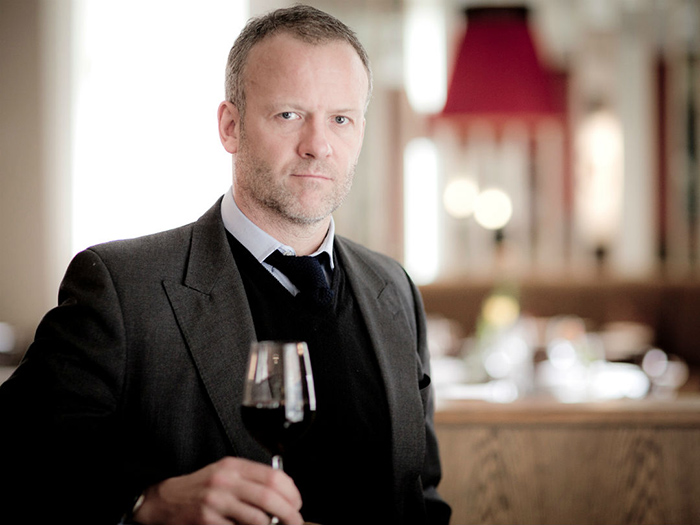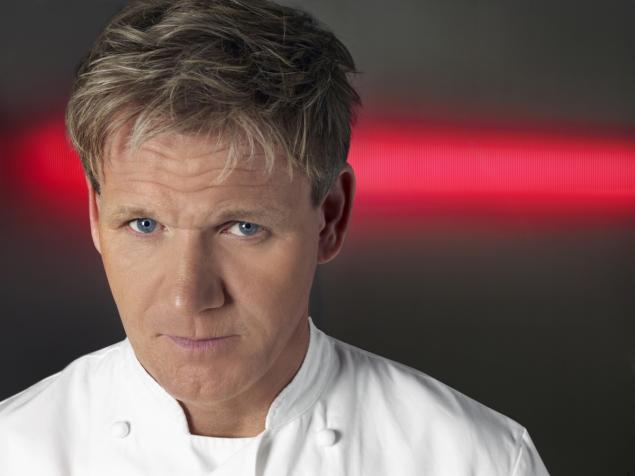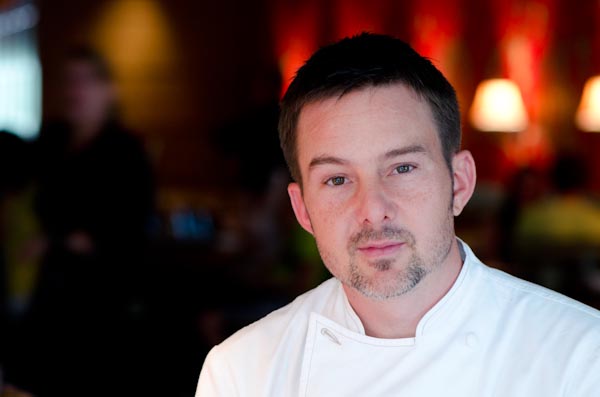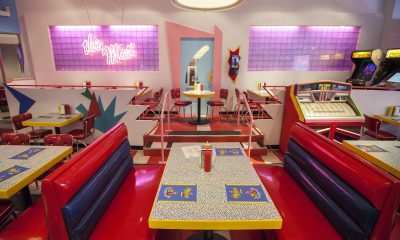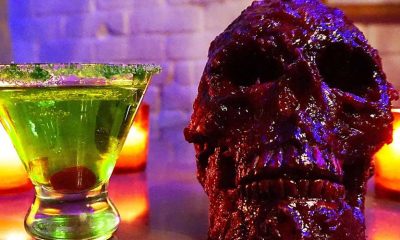Celebrities
6 Tips From Restaurateurs On How To Run A Killer Restaurant
Everyone dreams of owning a restaurant, but opening a restaurant and running a successful business are two entirely different things. You need a firm grasp of what comes in and what goes out, whether it is inventory or finances. The knowledge of what works and what will work to improve your business is crucial in the success of your new restaurant.
These famous restaurateurs share their secrets on running a successful restaurant and what it requires for your restaurant to develop into something great.
1. Develop Your Own Identity
Creating an identity and sticking with that identity is the key to running a restaurant with something unique to offer. There should be a sense of concise purpose in what you are offering and that requires you trusting your talent as a restaurateur.
Anthony Bourdain: “Restaurateurs need to speak in a strong confident voice, saying, ’I might not be good at some things, but I’m good at this, and this is what I’m going to do.’ I think the days of trying to be everything to everybody are over now. We have an empowered chef class now and a much more curious, daring and younger dining public. I think the future is going to be chefs who speak with a coherent, concise voice with a real identity.”
2. Run Your Restaurant Like a Business
Even if you are passionate about food, at the end of the day, every restaurant is a business. You need to adapt and learn key business practices so that you can manage your finances properly, making for a profitable venture.
Des McDonald, a world renowned restaurateur: “When I talk to people I employ these days, at whatever level, one question I ask often confuses them, and it’s ‘Do you know how to make money?’ I’m constantly surprised that most people don’t have the faintest idea what you’re in business for. From the get-go, I was thinking I needed to learn business skills. It’s about application and confidence. We all get things wrong but you need to ask questions, move forward. ”
3. The Right Chef Makes Or Breaks A Restaurant
Choosing the right chef is extremely important. After all, they are the stars of the show and are responsible for what goes on the plate. The right chef should command your kitchen and also willing to compromise on certain things.
Gordon Ramsay: “A restaurant owner’s best investment will always be in the chef, and if you haven’t got that major asset in the kitchen downstairs, then forget it. The guy’s got to be a motivator, be a leader, make you money. He’s got to bring customers back.”
4. Every Day Is A Learning Experience
Running a restaurant will have its ups and downs. The key to being successful is how you learn from your mistakes and change the course immediately. Proper knowledge is gained when you are committed to your craft.
Gordon Ramsay: “A lot of people open restaurants out of vanity, people who can’t even boil an egg. That’s like me buying a rugby club because I like the game. One of my biggest bugbears is that you don’t need any qualifications to do it. People fall in love with an idea and don’t want to learn their craft, which takes years – time and commitment.”
5. Concept Is Key
Running a successful restaurant requires multiple things to fall into place. From your chef to the location of the restaurant, everything has to work in cohesion to provide for the ultimate experience for your customers.
Tyson Cole, head chef and co-owner of two popular restaurants in Austin, Texas: “No restaurant succeeds without a great chef, a great location, and a great concept. They all work together. Your location should fit your concept. Your chef, or “talent,” must fit your concept, otherwise you’ll constantly deal with the most common word in the restaurant business: Drama.”
6. Be Different
Most people can open a restaurant but what sets you apart from your competitors will help you create your own niche in the marketplace. Provide something that is unique and different and it will help you stand apart from the clutter.
Shelim Hussain, founder of Euro Foods: “When I began 25 years ago as a restaurant and takeaway owner I had to go to five or six different suppliers to get different meats and services – from laundry to samosas. Providing a one stop shop made us different. If you have a new idea, you have to work out how long it will be before the competition copies it. In the food business I would say this is generally around six months.”


